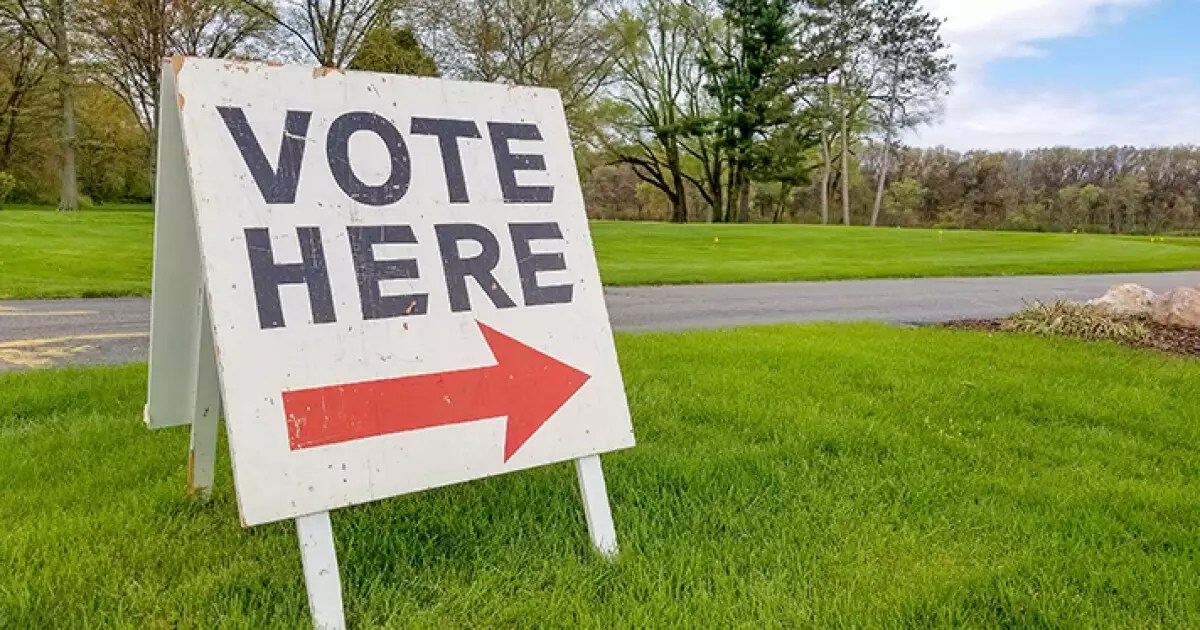The financial landscape for local governments and school districts in Texas is on the brink of significant transformation. As state officials consider new legislative measures to tighten tax increase protocols, the implications for local budgets and infrastructure improvements are concerning. Following Governor Greg Abbott’s recent State of the State address, which urged stricter controls on local tax hikes, a wave of proposals is being discussed that could complicate an already challenging fiscal environment. Given Texas’s rapid population growth, these changes could have profound repercussions on the ability of local entities to meet their funding needs.
Governor Abbott has made it abundantly clear that he wishes to impose greater restrictions on local taxation. He proposed a requirement that any tax increase or bond issuance aimed at funding local projects would now need to secure a two-thirds majority approval from voters. This is a marked departure from the current system, which allows such propositions to pass with a simple majority. By restricting elections to November only and eliminating May ballots for tax matters, Abbott’s plan significantly reduces opportunities for local governments to secure necessary funding.
Such measures, while ostensibly aimed at protecting taxpayers from excessive increases, may inadvertently hamper essential infrastructure projects and public funding. Various lawmakers have expressed apprehension that increasing the majority requirement could unfairly burden fast-growing communities, which rely on swift approval for tax-related measures to keep pace with swelling populations and the demands on local services.
School districts across Texas could be particularly vulnerable to the ramifications of these proposed legislative changes. With many districts already struggling to pass bond measures and maintain basic infrastructure—exacerbated by increasing student enrollment—doubling the requirement for voter approval could exacerbate existing challenges. Kevin Brown, executive director of the Texas Association of School Administrators, emphasized the significant obstacles that many districts face in passing necessary bonds. The proposed changes could render it nearly impossible for schools to secure funds for crucial developments, such as classroom expansions, technology upgrades, and facility improvements.
With over 9 million new residents added to the Texas population between 2000 and 2022, the demand for educational resources and infrastructure is surging. However, the increasing likelihood of bond failures due to stricter approval requirements could hinder educational advancements, compounding issues like overcrowded classrooms and outdated facilities.
The fiscal outlook is grim for many Texas public entities, with reports indicating that record bond volumes have primarily stemmed from local governments relying on property taxes to fund essential projects. S&P Global Ratings has sounded the alarm over potential credit downgrades for public schools, citing inflationary pressures and constrained revenue growth as major contributing factors. If state lawmakers do not adjust funding mechanisms to accommodate these pressures, financial degradation could spread across the public school system in forthcoming fiscal years.
Houston, Texas’s largest city, demonstrates the broader municipal struggles with budget deficits, where officials seek to increase operational efficiency. The city’s failing reserves paint a concerning picture; as ratings agencies like S&P and Fitch reevaluate the city’s financial health, warnings of potential downgrades loom large. This highlights a systemic issue within Texas’s fiscal management at every governing level, exacerbated by a reluctance to adopt measures for greater revenue generation.
The backdrop to these discussions reveals national trends in state governance, where Republican-led initiatives echo across states like Arizona and Oklahoma, where supermajority requirements for tax and bond propositions are gaining traction. While these strategies may capture public sentiment favoring limited tax increases, the long-term consequences could lead to severe underfunding of local services and infrastructure when they are needed most.
It remains to be seen how Texas lawmakers will navigate these complex issues as more voices join the conversation about fiscal responsibility versus the necessity for community investment. With the initial proposals raising alarms regarding local debt management and public services, an informed dialogue is paramount. The interplay between enhancing taxpayer protections while accommodating for the demands of a growing and dynamic state will undoubtedly shape Texas’s economic landscape for years to come.
While Governor Abbott’s intentions may focus on safeguarding taxpayers, the proposed legislative changes could stifle local growth and infringe on communities’ ability to thrive. As the legislature weighs these critical decisions, it is necessary to strike a balance between prudent fiscal management and fostering the economic viability of public services throughout the state.


Leave a Reply